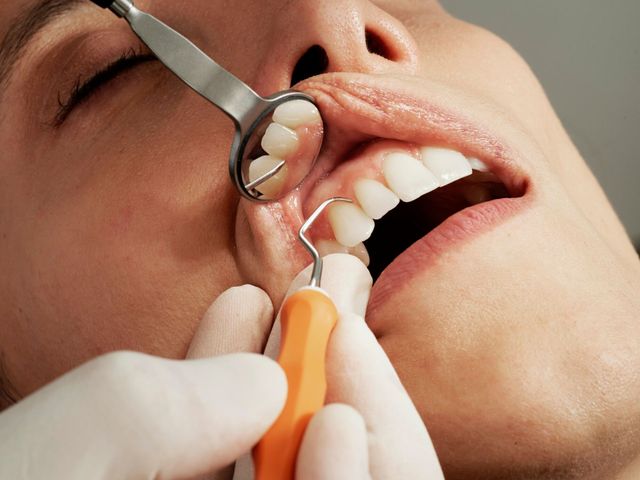
Sedation dentistry offered by the dentist Mill Creek WA has revolutionized the way patients receive dental care, providing a comfortable and relaxing experience for those who previously avoided the dentist due to anxiety or fear. This article will explore the indications, precautions, and benefits of sedation dentistry, helping you understand how it can benefit your oral health.
What is sedation dentistry?
Sedation dentistry involves using medication to help you relax during dental procedures. It helps you relax and ease your anxiety and ensure smooth and effective outcomes. The level of sedation can range from minimal to deep, depending on the patient’s needs and the complexity of the procedure.
Types of sedation:
- Nitrous Oxide (Laughing Gas)
- Oral Sedation (Pills or Liquid)
- IV Sedation (Intravenous)
- Conscious Sedation (Combination of methods)
Indications for sedation dentistry:
- Dental anxiety or phobia
- Fear of pain or discomfort
- Difficulty with local anesthesia
- Complex or lengthy procedures
- Sensitive teeth or gums
- Gagging or choking sensation
- Special needs patients
- Patients with a strong gag reflex
- Those who have had traumatic dental experiences
- Patients requiring multiple procedures
What are the necessary precautions to be taken during sedation dentistry?
Here are some precautions to be taken during sedation dentistry:
- Medical History: Inform your dentist about any medical conditions, medications, or allergies.
- Medication Interaction: Avoid taking certain medications before sedation, such as blood thinners or sedatives.
- Fasting: Follow instructions regarding food and drink before sedation, usually avoiding heavy meals and liquids.
- Transportation: Arrange for a responsible escort to drive you home after sedation.
- Monitoring: Your dentist will closely monitor your vital signs, such as heart rate, blood pressure, and oxygen saturation.
- Dosage: Sedation levels will be adjusted according to your response to ensure optimal comfort.
- Recovery: Follow post-sedation instructions to ensure a smooth recovery, including rest, hydration, and avoiding heavy activities.
- Allergic Reactions: Inform your dentist about any allergies to medications or latex.
- Pregnancy or Breastfeeding: Inform your dentist if you are pregnant or breastfeeding, as some sedatives may not be suitable.
- Age and Health: Sedation dentistry may not be suitable for certain age groups (e.g., children, elderly) or health conditions (e.g., heart disease, respiratory issues).
- Communication: Inform your dentist about any discomfort, anxiety, or concerns during the procedure.
- Emergency Equipment: Ensure your dentist has emergency equipment, such as oxygen and defibrillators, on hand.
- Staff Training: Ensure your dentist and staff are trained in sedation dentistry and emergency procedures.
- Consent: Provide informed consent before undergoing sedation dentistry.
- Follow-up: Schedule a follow-up appointment to monitor your recovery and address any concerns.
What are the benefits of sedation dentistry?
Here is a comprehensive list of benefits of sedation dentistry:
Emotional Benefits
- Reduced anxiety and stress
- Increased confidence
- Reduced fear
- Improved overall experience
- Reduced anxiety for future visits
Physical Benefits
- Reduced discomfort and pain
- Reduced gag reflex
- Improved cooperation during procedures
- Reduced muscle tension
- Improved sleep after procedures
Practical Benefits
- Ability to complete complex procedures in a single visit
- Time-saving
- Increased willingness to receive necessary dental care
- Improved oral health
- Suitable for special needs patients
Convenience Benefits
- Reduced number of visits required
- Ability to schedule longer appointments
- Increased flexibility in scheduling
- Reduced need for multiple anesthesia injections
- Ability to combine procedures
Overall Benefits
- Improved patient satisfaction
- Increased comfort and relaxation
- Enhanced dental experience
- Better oral health outcomes
- Increased access to dental care for anxious or fearful patients
Wrapping up
Sedation dentistry offers a solution for patients who previously avoided dental care due to anxiety or fear. By understanding the indications and precautions, you can make informed decisions about your oral health. Consult with your dentist to determine if sedation dentistry is right for you. Remember, a healthy smile is just a visit away.